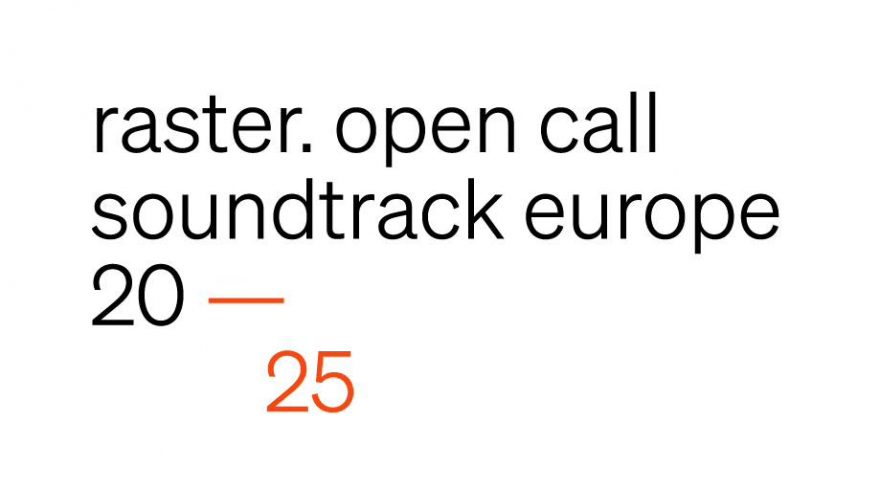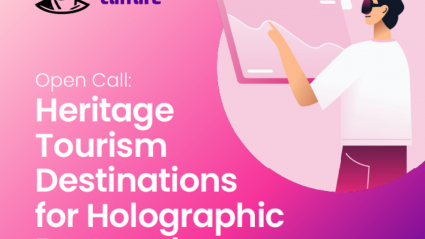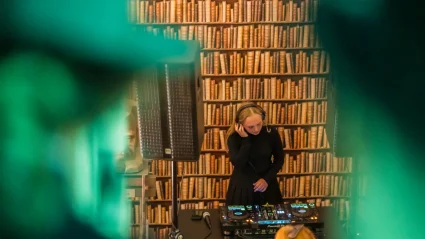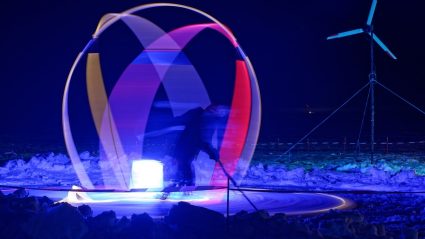Anyone residing in Europe can participate and submit, regardless of their origin or EU membership.
The shortlisted and nominated works will be presented together with our partners in the media room in 2024 and 2025. Nominated works should become an integral part of the activities of the European Capital of Culture Chemnitz 2025.
A total of 20 submissions from the following five categories will be presented in a compilation series published by raster-media as part of the European Open Call.
By submitting the form, you will receive a confirmation email with detailed information.
Categories
Submissions for your compositions and audio recordings are possible in the following 5 categories.
- Elegiac – Europe of timbres and ambiences. The spectrum of original, avant-garde positions and milestones in music ranges from Messiaen’s organ works to contemporary ambient music. Your music is part of a tradition and yet looks beyond the boundaries into uncharted sonic territory. Where do the melodies or textures come from and what do they refer to?
- In the field – Europe of sounds and of the concrete. According to the motto that everything is permitted in the thinking of the new, the sound of human voices, of nature or of the big city are nothing other than music. What Pierre Schaeffer and Pierre Henry proclaimed 80 years ago as musique concrète lives on today in a wide variety of forms. Perhaps you have long been working on sound collages and pieces of music in which everyday noises or recorded snippets of words and dialog are the driving narrative elements
- Intuition – Europe of intuition and improvisation. From the impromptu improvisations of the basso continuo to the provocations of the Dada movement up to the attitude of refusal in punk – new sounds and compositions also emerge from the moment, from the spontaneous revelation of inner worlds while playing together, from the gesture of making music. The forces of spontaneity and collective experience have always been an engine of freedom, purification and renewal. What does the sound of improvisation sound like in the 21st century?
- Repetition – Europe of rhythms, beats and dances. From traditional European dances such as the Calabrian tarantella to house and techno, the reinvention of music has always been about simplification and displacement. Where does the loop end and where does micro-variation begin in the supposedly ever-same? In the age of pre-programmed loop and beat presets in music software, the default can be your starting point for the deconstruction and appropriation of repetitive patterns that pave the way for new electronic music.
- No frontiers – Utopian Europe of open borders and technological transfer. In retrospect, every decade and every technological revolution produced its own musical pioneers because they ignored or crossed musical boundaries. From Karlheinz Stockhausen to contemporary electronic music, what was initially perceived as atrocious noise often became the style-defining music of the present with a certain time lag. Because avant-garde music has always been many things: a mirror of the present, overcoming tradition, courage and vision for something new.
This project is part of the European Capital of Culture Chemnitz 2025. This project is co-financed by tax funds on the basis of the parliamentary budget of the state of Saxony and by federal funds from the Beauftragte der Bundesregierung für Kultur und Medien (Federal Government Commissioner for Culture and Media).



